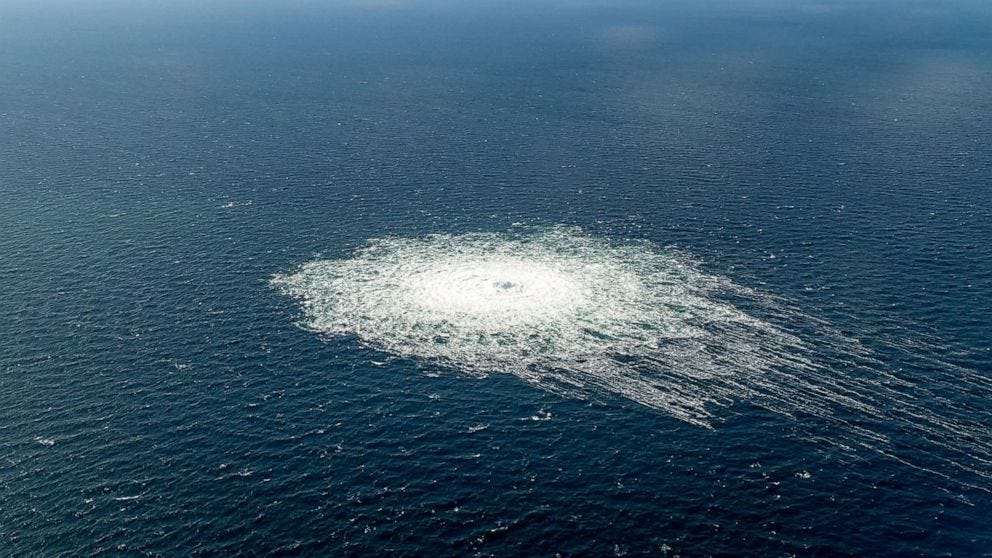Sabotaging Your Own Pipelines Is Absurdly Easy
Occam's razor and Nord Stream
Someone on the Russian end of the Nord Stream pipeleines put bombs into “pigs,” or scrapers, sent them halfway under the Baltic Sea, and detonated them.
This one-sentence explanation for the disaster elegantly lines up with the available facts. Danish officials first noticed a drop in pressure in the Nord Stream 2 line on Monday and then Nord Stream 1 a…



